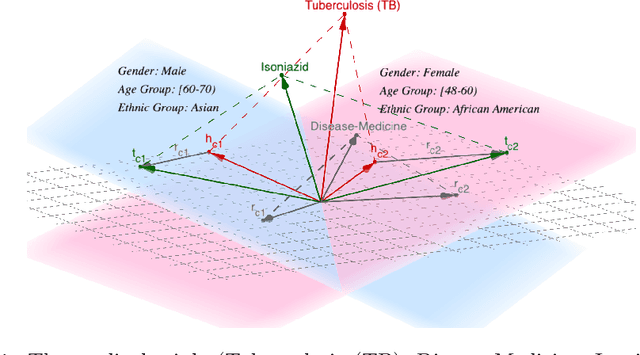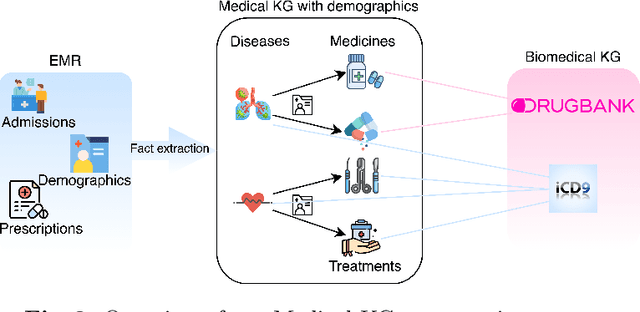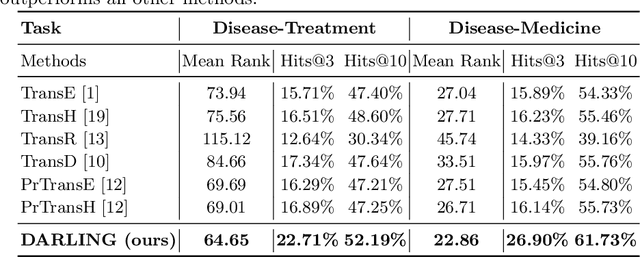Aynur Guluzade
ELMTEX: Fine-Tuning Large Language Models for Structured Clinical Information Extraction. A Case Study on Clinical Reports
Feb 08, 2025Abstract:Europe's healthcare systems require enhanced interoperability and digitalization, driving a demand for innovative solutions to process legacy clinical data. This paper presents the results of our project, which aims to leverage Large Language Models (LLMs) to extract structured information from unstructured clinical reports, focusing on patient history, diagnoses, treatments, and other predefined categories. We developed a workflow with a user interface and evaluated LLMs of varying sizes through prompting strategies and fine-tuning. Our results show that fine-tuned smaller models match or surpass larger counterparts in performance, offering efficiency for resource-limited settings. A new dataset of 60,000 annotated English clinical summaries and 24,000 German translations was validated with automated and manual checks. The evaluations used ROUGE, BERTScore, and entity-level metrics. The work highlights the approach's viability and outlines future improvements.
Demographic Aware Probabilistic Medical Knowledge Graph Embeddings of Electronic Medical Records
Apr 03, 2021



Abstract:Medical knowledge graphs (KGs) constructed from Electronic Medical Records (EMR) contain abundant information about patients and medical entities. The utilization of KG embedding models on these data has proven to be efficient for different medical tasks. However, existing models do not properly incorporate patient demographics and most of them ignore the probabilistic features of the medical KG. In this paper, we propose DARLING (Demographic Aware pRobabiListic medIcal kNowledge embeddinG), a demographic-aware medical KG embedding framework that explicitly incorporates demographics in the medical entities space by associating patient demographics with a corresponding hyperplane. Our framework leverages the probabilistic features within the medical entities for learning their representations through demographic guidance. We evaluate DARLING through link prediction for treatments and medicines, on a medical KG constructed from EMR data, and illustrate its superior performance compared to existing KG embedding models.
 Add to Chrome
Add to Chrome Add to Firefox
Add to Firefox Add to Edge
Add to Edge